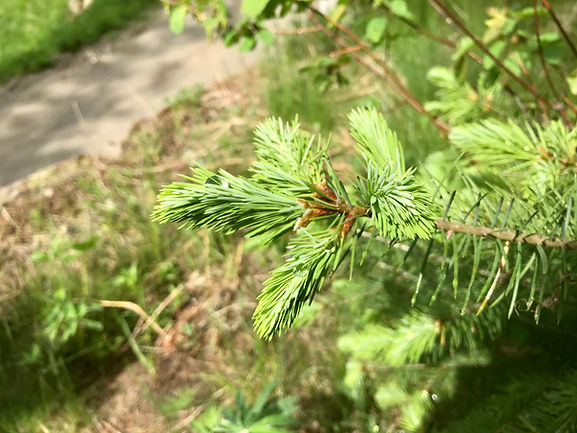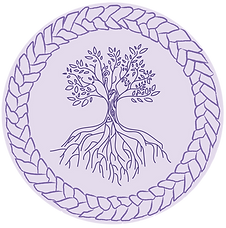
Anonymous Sexual Assault Help Line: 1(800) 461-2929
OUR APPROACH
We work from an intersectional feminist, trauma-informed, anti-racist, anti-oppressive framework.
What is unique about working in these ways?
• we practice a competence/resilience-based approach, which seeks to uncover and use a survivor’s strengths and resources to resolve problems
• we believe that a survivor's trust in us must be earned and maintained, not granted through "expertise"
• we believe that professional boundaries must be balanced with some space in a therapeutic relationship
• we believe intuition/traditional culture and teachings can be used as part of the healing exploration with a client
• we acknowledge that the therapist is a person, with their own intersectional experiences, biases, beliefs, and knowledge
• we believe that mistakes are "okay", and can be acknowledged
• we acknowledge a survivor’s lived experience as knowledge and expertise
• we acknowledge the intersecting systems of power in a survivor's life and how these may impact their perception of self and choices in life
• we acknowledge that the sexism experienced by survivors may be further exacerbated by racism, sizism, classism, ageism, ableism, homophobia, and other forms of discrimination and oppression
(and that these layers may impact both client and therapist)
• we recognize that systems of authority and power will often work against survivors an as part of systemic oppression
• we centre the principle that survivors must be empowered to recognize and make their own choices and decisions
we work to acknowledge and address our own biases in order to do anti-racist and anti-oppression work

Contacting us for the first time?
We understand how trauma impacts survivors
Trauma based work includes understandings of the neurobiological impacts of trauma and the cascade of physical impacts experienced by survivors if their symptoms persist beyond 6-8 weeks after the traumatic event.
Survivors of multiple forms of trauma over years and/or developmental stages, experience complex impacts of trauma. The skills they were not able to learn as children or youth to manage these impacts can be practiced and learned in adult hood.
The loss of culture and ongoing genocide of Indigenous peoples has meant that many have experienced intergenerational trauma, and this trauma is best addressed by a combination of trauma therapy with reintroduction of cultural experiences, pride and membership, including language.
What therapeutic approaches may be used?
A variety of approaches are explored based on how they fit each unique survivor and their specific experiences and healing journey. Reach out for more information about our approaches and what feels right for you.
Family and Couples Work:
emphasizing connection, support, awareness, power, shared experience, mediation of differences, relationships, and communication
Trauma Therapy:
involves awareness of attachment styles in primary relationships; and, using this knowledge for reintegrating traumatic memories into 'narrative memory’ by managing post-trauma symptoms (e.g., hyperarousal, dissociation, flashbacks).
Also involves processing traumatic memories, sometimes with somatic (mind-body) technique
Fireweed Model (men's program)
involves a combination of trauma based group therapy combined with psychodrama and Indigenous healing practices
Cognitive Behavioural Therapy:
uncovering and changing patterns of thinking
(e.g., through self talk)
Dialectic Behavioural Therapy:
teaching and practicing emotional regulation, interpersonal skills, distress tolerance, and mindfulness (i.e., thought without judgement)
Brief Strategic Therapy:
focusing on a specific area for change, and
developing behavioural interventions to reach the
target, by using the system of relationships available
to the client
Sexual Assault Therapy:
individual or group interventions aimed at mediating specific impacts, such as shame or guilt (e.g., through talk, journalling, body work, art, activism, music)


